COMFORTing Tips to Avoid Holiday Heartburn
Holiday meals are full of joy, and sometimes too much food. If you end up with heartburn or indigestion, this easy-to-follow COMFORT method can help you avoid the pain of overeating.
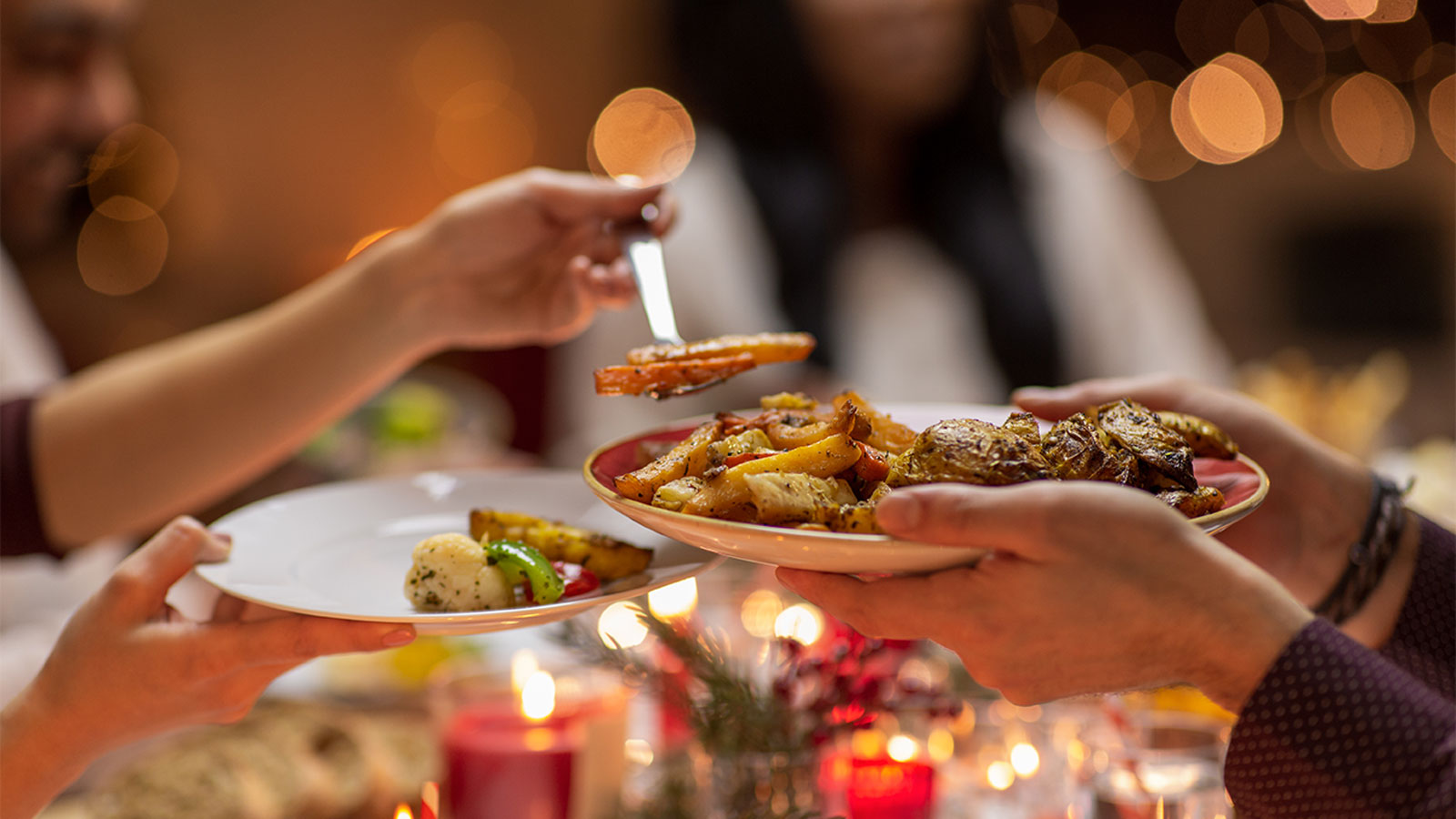
By Zubair Malik, DO, Gastroenterologist – Virtua Motility & GERD Program
Food brings people together, from shopping and cooking to swapping recipes and cleaning up. It’s a beautiful tradition, especially around the holidays.
Holiday feasts are an honored tradition often associated with lavish buffets of food. While these meals are enjoyable, they also can be a source of stomach pain and heartburn.
Acid reflux (also known as gastroesophageal reflux, GERD, heartburn, or indigestion) occurs when the valve at the end of the esophagus doesn’t fully close, allowing acid to flow back into the esophagus.
Some people have acid reflux so severe that it causes significant stomach pains, burning in the chest, acid taste in the mouth, sore throat, and cough (from the acid irritation in the throat). The acid reflux can be worse at night, waking you up or causing burning so bad that it is hard to distinguish the pain from a heart attack.
Avoid Holiday Heartburn With the COMFORT Acronym
When it comes to navigating these symptoms, we recommend using the acronym COMFORT to improve your holiday eating experience and avoid uncomfortable heartburn.
C: Comfortable Clothing
Wear comfortable clothes. Tight-waisted clothes can be constricting and feel uncomfortable after a big meal.
O: Overeating
Overeating is one of the most common holiday heartburn triggers. When your stomach is too full, digestion slows and acid may creep into your esophagus, causing burning and discomfort. These tips can keep you from overeating:
- Plan to eat smaller portions on a smaller plate.
- Don’t pile up your plate.
- Eat slowly.
- Most importantly, stop eating when you are full.
- Ask for a to-go container for foods you didn’t get a chance to eat.
Dairy products (milk, cream, hard cheese) tend to be acidic and can trigger reflux. If you can’t avoid eating dairy, get help from lactose-intolerance supplements or counterbalance them by eating more alkaline foods, like cantaloupe or cauliflower.
M: Move
Movement and exercise help you digest food quicker and keep you from feeling bloated and uncomfortable. Stick to low-impact exercises, like walking, dancing, riding a stationary bike, or practicing yoga. These keep you upright and reduce the chance of acid going backward into the esophagus. Avoid exercises that can make heartburn worse, such as stomach crunches, weightlifting, exercises requiring a lot of bending, and high-impact aerobic exercise.
F: Fluids
Sugary drinks like soda are high in calories and acidity and can subtly pack on the pounds, and soda is high in acid. Alcohol, citrus juices, carbonated drinks, and caffeine can trigger heartburn, no matter what you eat. The best option is to stay hydrated by drinking water. If you’re looking for flavor and would typically reach for champagne, wine, or beer, consider drinking decaffeinated iced tea or spiced cider.
O: Over-the-Counter (OTC) Medications
Keep an OTC reflux medication on hand—there’s no need to suffer if symptoms arise. Ask your doctor or pharmacist what medication is best for you.
If your pain is severe, persists for more than a few days, or is associated with other symptoms, such as chest pain, weakness, cold sweats, or shortness of breath, head to the nearest emergency room.
R: Reach for Veggies
Rich, spicy, and high-fat foods are common triggers for acid reflux. Pile your plate with more vegetables like plain green beans, squash, or brussels sprouts, which are packed with vitamins, minerals, and fiber. Salad is a great way to go, but skip acid-aggravating ingredients like tomatoes, raw onions, and creamy dressings.
T: Treats
Treats like peppermint candy canes, chocolate, and caffeine-infused desserts can trigger acid reflux. Although fruit is a healthier choice, people with reflux should avoid high-acid fruits like grapefruit, lemon, oranges, and pineapples. You may also want to limit eating processed bread and baked goods, like commercially made cakes, cookies, and brownies because they contain enriched flour and preservatives that can make stomach-acid levels rise. Instead, opt for lower-acid fruits like bananas, apples, or melon, and limit sweets if you’re prone to acid reflux.
There are many things to look forward to during the holiday, but heartburn shouldn’t be one of them! Avoiding triggers, making wise food choices, and being prepared can keep your holiday joyous and burn-free.
Is it more than holiday indulgence?
If you’ve tried medication and your heartburn keeps coming back, it may be time to see specialist. Virtua has a team of gastroenterologists and offers advanced care for chronic heartburn through our Motility & GERD Program. A highly specialized team will help you get to the bottom of what is causing your symptoms and provide a long-term solution.
There's So Much More to Explore
Discover expert insights, inspiring stories, health tips, and more by exploring the content below!

Can Your Gut Health Affect Your Heart?

Understanding Food Addiction: Causes, Symptoms, and Recovery Strategies

At-Home Colon Cancer Tests vs. Colonoscopy: Which Screening Option Is Right for You?

10 Hand Washing Tips to Keep You Healthy All Year

8 Signs It's Time to See a Gastroenterologist

Cervical Cancer Screening Guidelines: What You Need to Know

HeartTalk Magazine

How to Spot the Early Signs and Symptoms of a Stroke

How Weight-Loss Surgery Can Improve Diabetes, Heart Health, and More
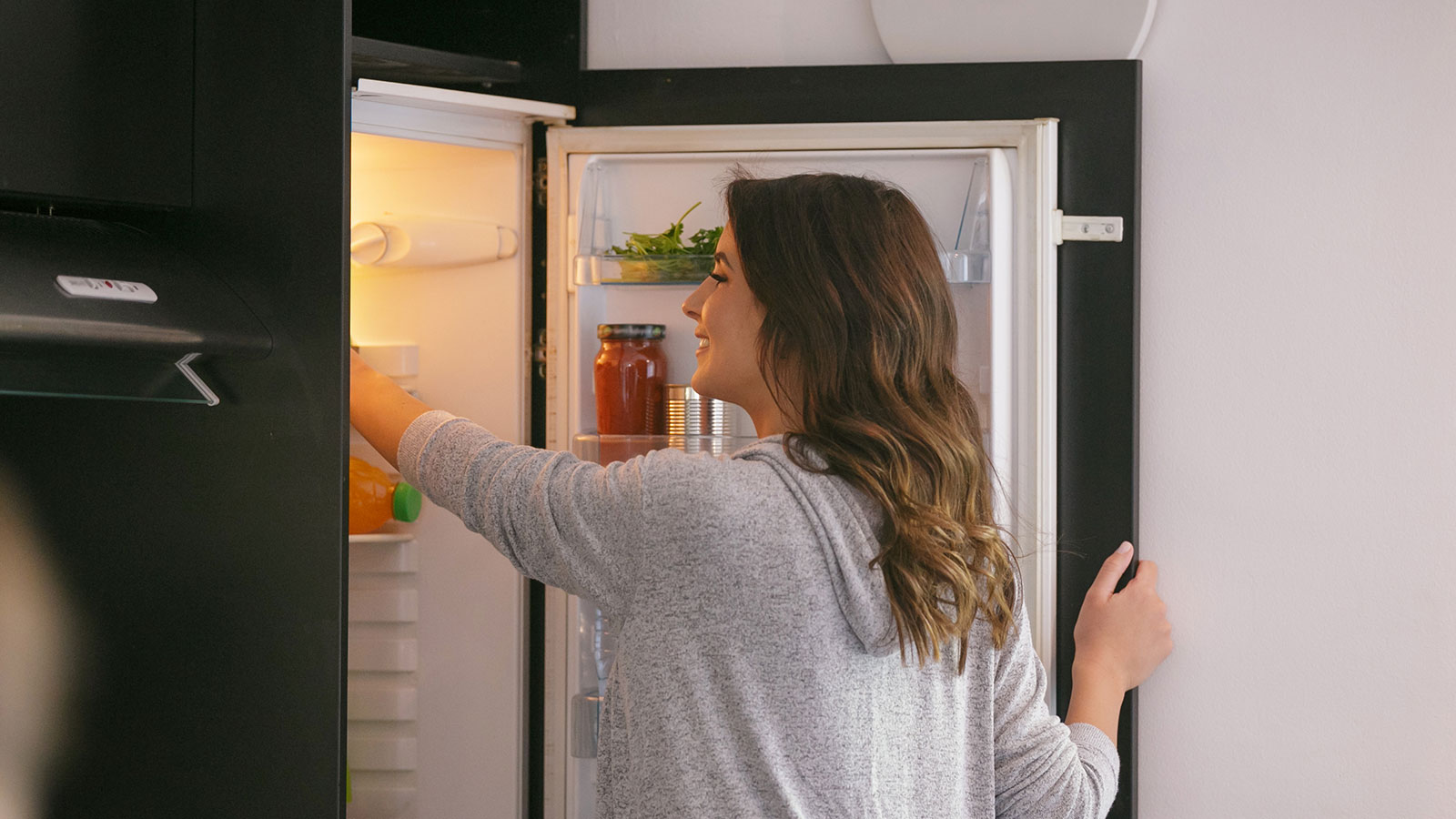
6 Tips for an Easier Colonoscopy Prep

How to Achieve Your Health Goals This Year

Knee Replacement Rehab: 7 Exercises to Restore Your Strength and Range of Motion

Caregiving During the Holidays: Ways to Manage Stress and Find Joy

Bioidentical Hormone Replacement Therapy Pellets: Relief for Menopause and Andropause Symptoms

COVID-19 Vaccines and Pregnancy: FAQs

Don't Drink Alcohol? You Could Still Get Fatty Liver Disease

How to Relieve Bloating Fast: Simple Tips for Quick Comfort

COMFORTing Tips to Avoid Holiday Heartburn

How to Tell the Difference Between Cold, Flu, and COVID-19

Daily Wellness Checklist: Simple Habits for Feeling Good Inside and Out

Allegra Is Thriving With Crohn's Disease

The Best and Worst Foods for Acid Reflux

How to Manage IBS Symptoms and Feel in Control Again

Is the Gurgle in Your Gut Telling You Something?

3 Reasons Why Now's the Time to Find Relief From Varicose Veins

How to Get and Stay Healthy This Fall

How to Reverse Prediabetes and Prevent Type 2 Diabetes

6 Ways to Get More Out of Your Daily Walk

Is Cancer Hereditary? What You Need to Know About Your Genetic Risks

Is Your Post-Pregnancy Belly Bulge a Sign of Diastasis Recti?

Your Guide to Mammograms: When to Get Screened and What to Know
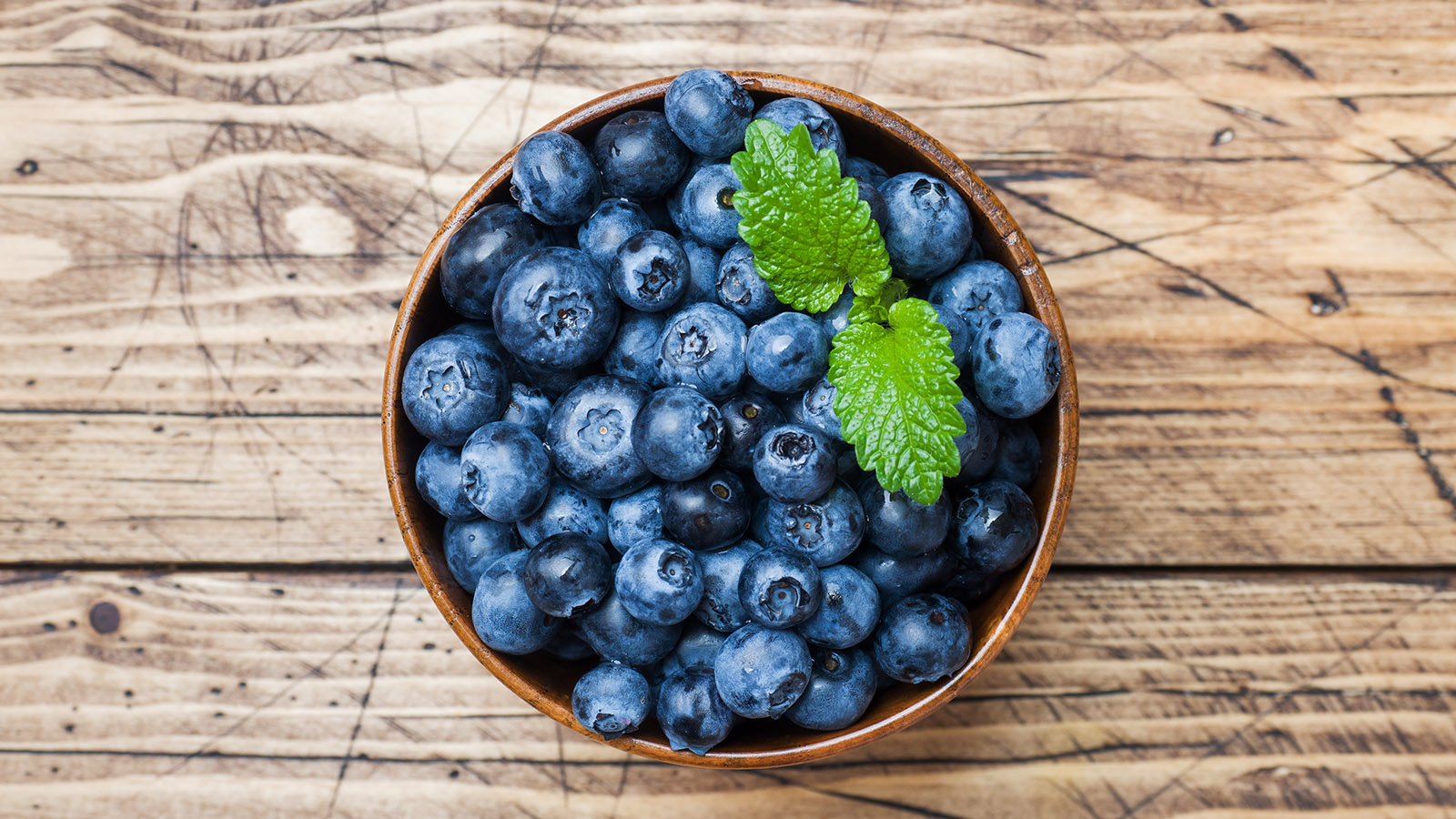
The Top 10 Foods That Boost Your Brain Health

Is It Safe to Exercise During Pregnancy?

Prevent Yard Work Injuries: Tips for Mowing, Gardening, and Raking

How to Curb Nighttime Snack Cravings

Is Your Daily Walk Making You Really Sore?

IBS and Alcohol: Can You Still Enjoy a Drink?

'Feeling Joy Again': ECT Brain Stimulation Therapy Restores Ashley's Well-Being

Easy, Healthy Lunch Ideas for the Beach

Why Coffee Makes You Poop: A Comprehensive Guide

How to Stay Cool and Prevent Heat Illness All Summer Long

Do Not Get Burned by These Sunscreen Myths

Beat the Bugs and Save Your Summer

How to Have a Healthy Pregnancy if You're Overweight

Why You Get Sick on Vacation (and How to Stay Healthy While Traveling)

6 Hot Tips for a Safer Summer

4 Surprising Health Truths You Should Know

5 Interesting Facts About Your Heart

Is Low Sex Drive Normal? Revealing the Complex Causes of Low Libido in Women

5 Feel-Good Activities to Explore Around South Jersey

Stress Incontinence vs. Urge Incontinence: What's the Difference?

3 Changes You Can Make Today to Lower Your Cancer Risk

A Lung Cancer Screening Could Save Your Life

Take Pride in our Health: Must Dos for LGBTQ+ Preventative Care

Protect Yourself From Tick Bites and Lyme Disease

10 Quick Ways to De-Stress

4 Ways to Stay Fit and Healthy on a Budget

From Restless to Restful: How Movement Improves Sleep

5 Simple Ways to Spring Clean Your Wellness Routine

Best Foods for Kidney Health

5 Essential Winter Foot Care Tips When You Have Diabetes

Your 10-Point Plan to Avoid Winter Weight Gain

Colitis Symptoms Under Control, Jennifer Is ‘Living My Best Life’

Surprising Symptoms May Signal Stroke In Women

8 Key Steps to Better Blood Pressure Control

Gut-Healthy Recipe: Turmeric Chicken With Asparagus
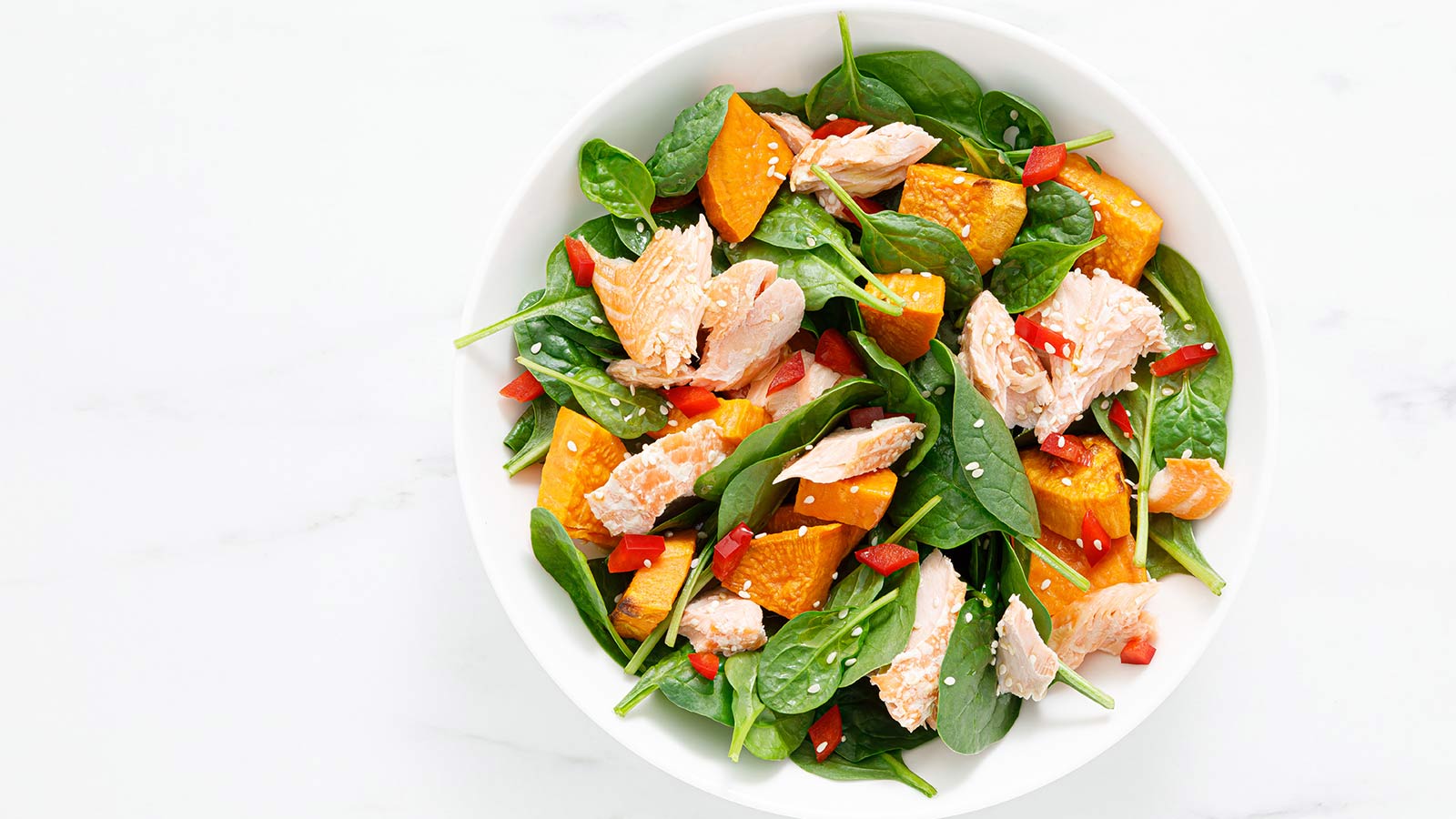
Gut Health Recipe: Chipotle Salmon and Sweet Potato Bowl

5 Back Stretches for the Work-From-Home Workweek

The HPV Vaccine: A Powerful Shield Against Cervical Cancer

How to Prevent and Treat Urinary Tract Infections

6 Numbers Key to Keeping Your Heart Healthy

4 Easy Ways to Treat and Prevent Runner's Knee

Five Mindfulness Tips That Can Help Heal Your Heart
Working from Home? Take a Quick Break to Stretch Your Wrists

Love Your Heart: Essential Care Tips for Every Stage of Life

How Do I Measure My Blood Pressure at Home?

How Do I Improve My Cholesterol Levels?

3 Ways to Reduce Your Stroke Risk

Sarah Wins Back Her Health After Crohn's Disease Diagnosis
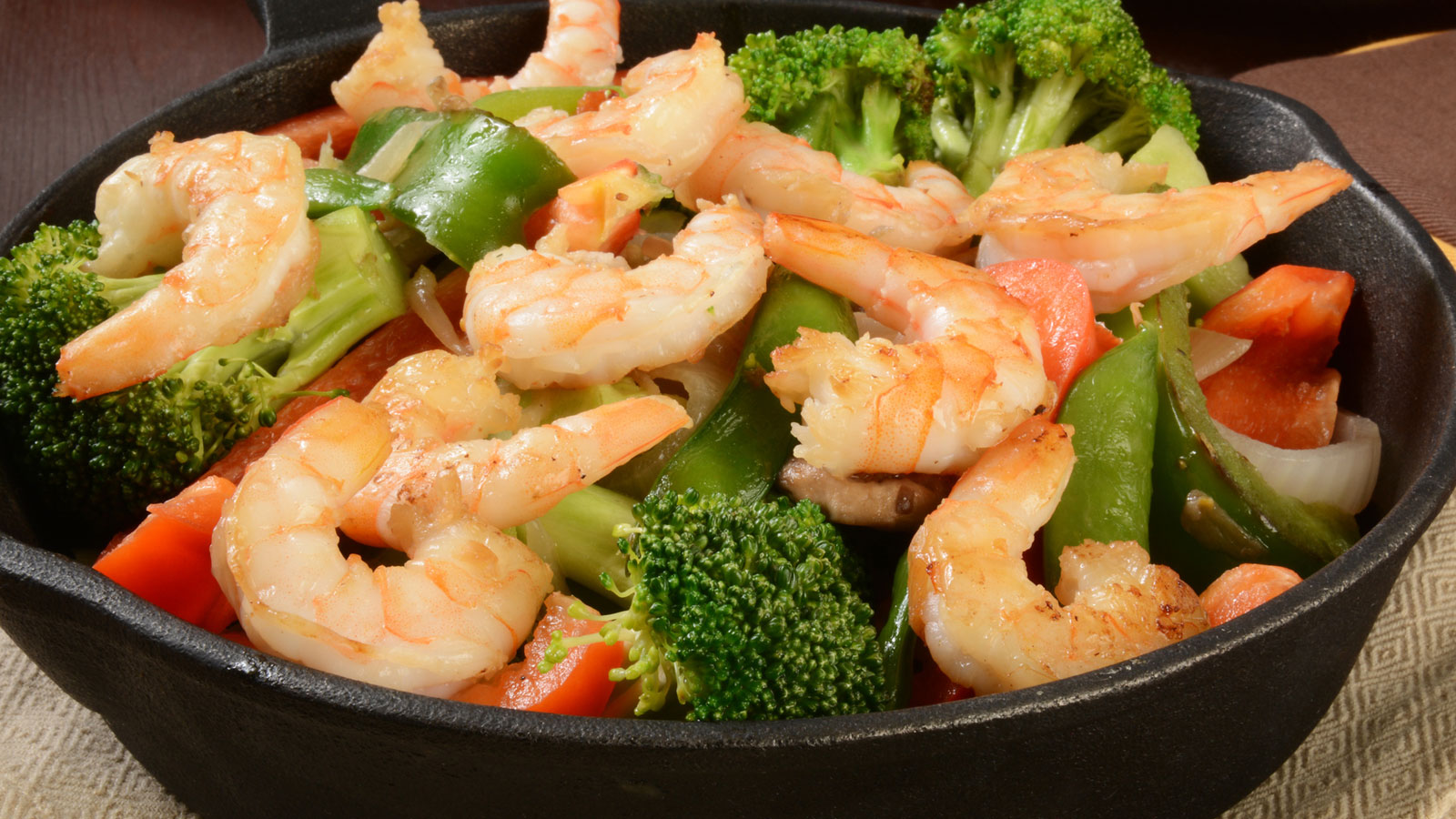
Gut-Health Recipe: Shrimp and Vegetable Stir Fry
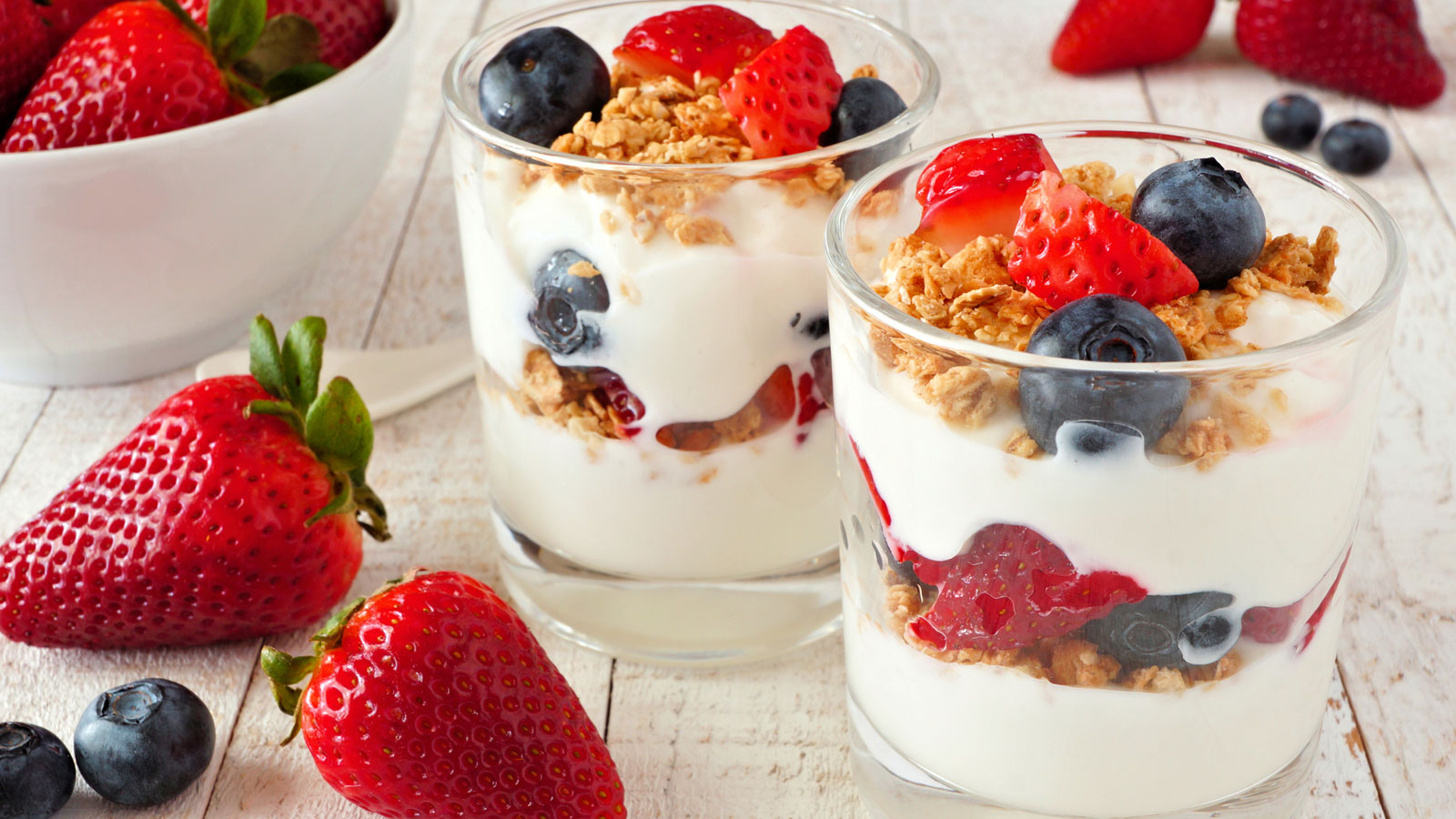
Gut-Health Recipe: Berry Yogurt Parfait
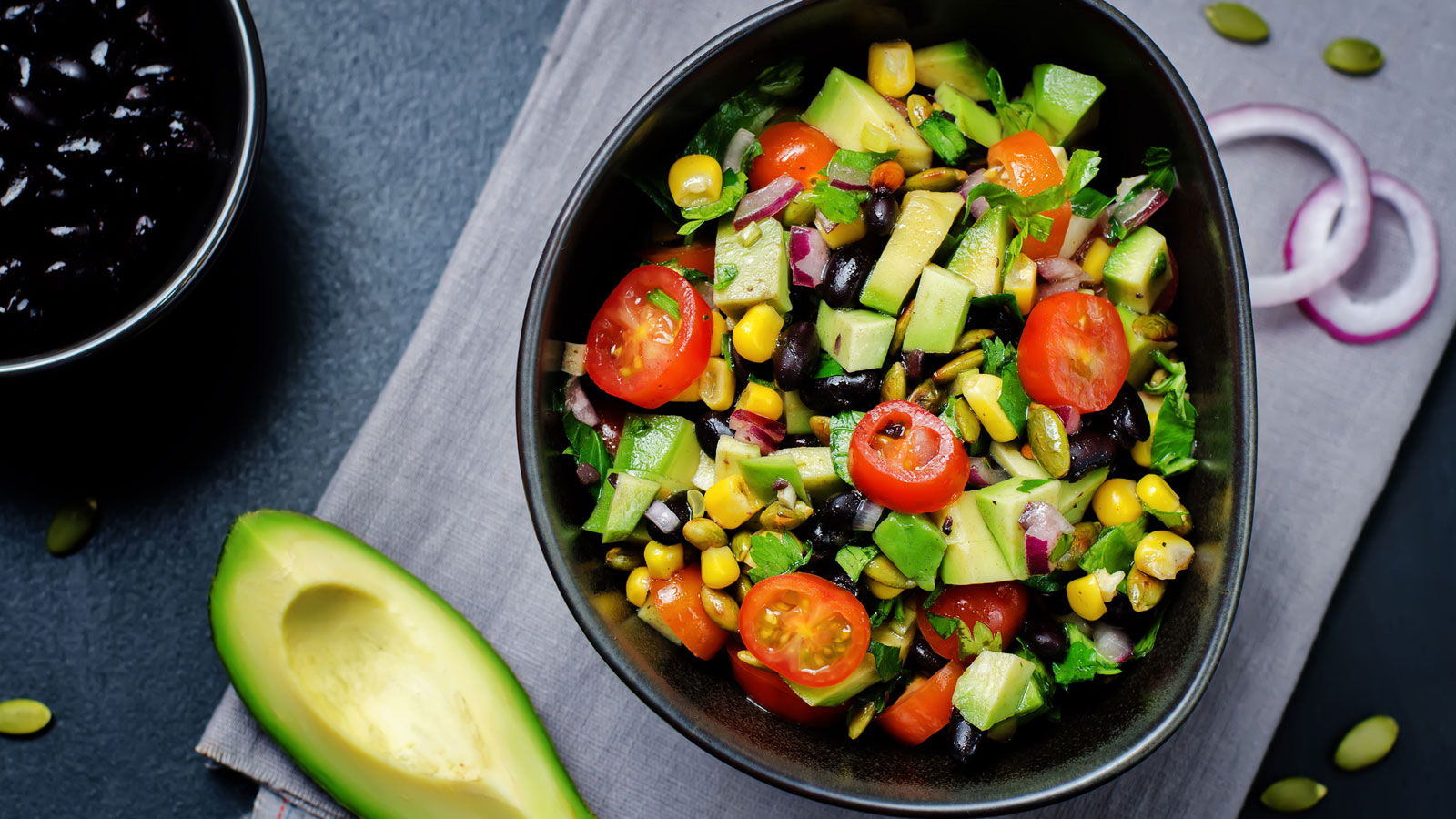
Gut-Health Recipe: Avocado and Black Bean Salad

How Sex Keeps You Healthy as You Age

Protect Your Child From HPV and Related Cancers

Why IUDs Might Be The Most Effective Birth Control

5 Things You're Too Embarrassed to Tell Your OBGYN

